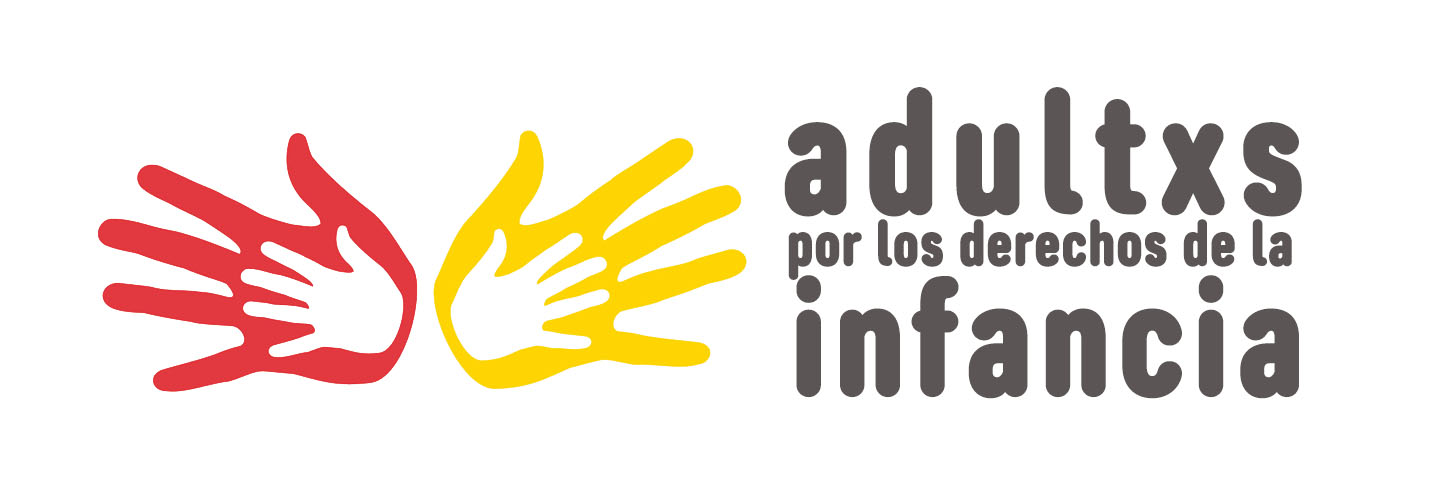
Grupo de pares
Lectura de inicio de nuestra Reunión de Pares
Muy bienvenidos y bienvenidas a una nueva Reunión de Pares de la “Asociación Civil Adultxs por los Derechos de la Infancia”!!!.
Nuestra Asociación esta formada por sobrevivientes adultos y adultas del delito de abuso sexual, adultos y adultas protectores de niños, niñas y adolescentes víctimas en el presente y todo aquel o aquella que se encuentre acompañando a alguien que haya sufrido abuso sexual en su infancia.
Nuestra Asociación cuenta con dos objetivos fundamentales: uno es la Visibilización Pública del delito de abuso sexual contra la infancia.
El otro es la conformación y sostén del Grupo Solidario de Pares.
Este grupo de pares funciona ininterrumpidamente desde el año 2012, y nos reunimos todos los sábados del año de 15 a 17 horas. Desde el inicio de la pandemia en el año 2020, nuestras reuniones se realizan de manera virtual.
En nuestro Grupo de Pares todos/as venimos a hablar en primera persona.
El grupo de pares es un lugar donde la palabra circula de manera empática y anónima, “lo que se dice en el grupo queda en el grupo”, siendo fundamental cuidar el anonimato de todos y todas sus integrantes.
El grupo tiene cada Sábado un coordinador/ coordinadora, cuya función es la de administrar los tiempos que tiene cada compañero/a para hablar, debido a que todos/as los/as presentes tienen derecho a hablar, a ser escuchados/as y a escuchar. Con los años hemos aprendido que es tan sanador el hablar, como el escuchar lo que los/as compañeros y compañeras tienen para compartirnos.
En nuestro grupo somos todos pares, no existen profesionales, ni personas con más derechos o autoridad que las otras. No hay quienes sepan más. Todos/as estamos igualados en el dolor y también en la esperanza.
Nuestro grupo no es un grupo terapéutico. ¡Aunque nos haga tanto bien el concurrir!
En el grupo no damos consejos, ni decimos a nadie lo que tiene que hacer. Simplemente es un lugar donde podemos hablar de los dolores de nuestra infancia y del dolor que nos provoca el abuso sexual contra los y las niños, niñas y adolescentes y ser escuchados/as con empatía y
respeto.
El/la coordinador/ coordinadora dejará unos minutos al final de la reunión para intercambiar opiniones, emociones, comentarios. Siempre con respeto y desde la emoción de cada uno de los y las participantes.
Al final del encuentro damos cierre con un aplauso o zapateo.
Todos/as los/as que asistimos al grupo de ayuda de pares evidenciamos la magia de la palabra compartida. Por eso sentimos la obligación de sostener el grupo, en agradecimiento al bien que nos hizo el haber sido recibidos/as la primera vez que concurrimos.
La vida nos fue más fácil a partir de contar con compañeros y compañeras!!!.
Y por eso seguimos aquí!!!.
Cada sábado un/ una compañero/a nueva/o, puede estar entrando en nuestro espacio y merece ser recibida/ o con el amor con el que fuimos recibidas/os alguna vez.
Lineamientos generales
Sobre el grupo de pares
Se necesitan sólo dos personas dispuestas a hablar de sus dolores de infancia, o del dolor, la angustia, la culpa, el horror, que le causa el abuso sexual de un ser querido para que el grupo ya esté conformado: “donde hay dos ya hay grupo”.
Algunas consideraciones a tener en cuenta:
- Lugar fijo y horario: es necesario que se fije un horario semanal,diario o mensual, que pueda ser sostenido en el tiempo. La frecuencia de nuestro grupo desde sus inicios es semanal y nos ha resultado útil para los y las que concurrimos y posible de ser sostenida en el tiempo.
- La permanencia del grupo en el tiempo es lo más importante para asegurar continuidad. Con el paso de los años el grupo se abastece continuamente de nuevos/as compañeros y compañeras, pero para que eso suceda es necesario perseverar.
- Anonimato de sus miembros: es fundamental que lo que se dice en el grupo quede en el grupo y guardar el anonimato de los/as compañeros y compañeras que concurren. Algunos en nuestro grupo rompemos el anonimato y salimos a visibilizar este delito con la comunidad en la vía pública y en medios de comunicación, pero esta es una decisión individual y tiene que ver con nuestro objetivo de Visibilización. El grupo de pares es anónimo.
- Coordinación rotativa: es fundamental para asegurar que todos y todas los/as participantes sean y se sientan iguales. En el grupo no hay alguien que tenga más poder que otro, conocimiento o derechos. Por eso la coordinación debe ser rotativa y entendida como un servicio al grupo.
- Funciones del coordinador/ coordinadora: básicamente marcar los tiempos para que todos/as los/as participantes puedan hablar. En el grupo aprendimos que es tan importante hablar como escuchar, y esto es un hecho fundamental que el coordinador/a debe hacer respetar. Otro punto fundamental es que mientras los compañeros/as cuentan sus realidades, el coordinador/coordinadora no permita que haya interrupciones . La escucha atenta es también un proceso sanador. Como es sanador participar de un espacio que tiene un marco, un modo de funcionamiento. Existen límites amorosos. Esto para sobrevivientes y adultos y adultas protectores de uno de los peores delitos es fundamental.
- Antes de finalizar cada reunión habrá entre 15 a 30 minutos para compartir una ronda de comentarios y preguntas, siempre con respeto y desde la emoción de cada compañero/ a.
